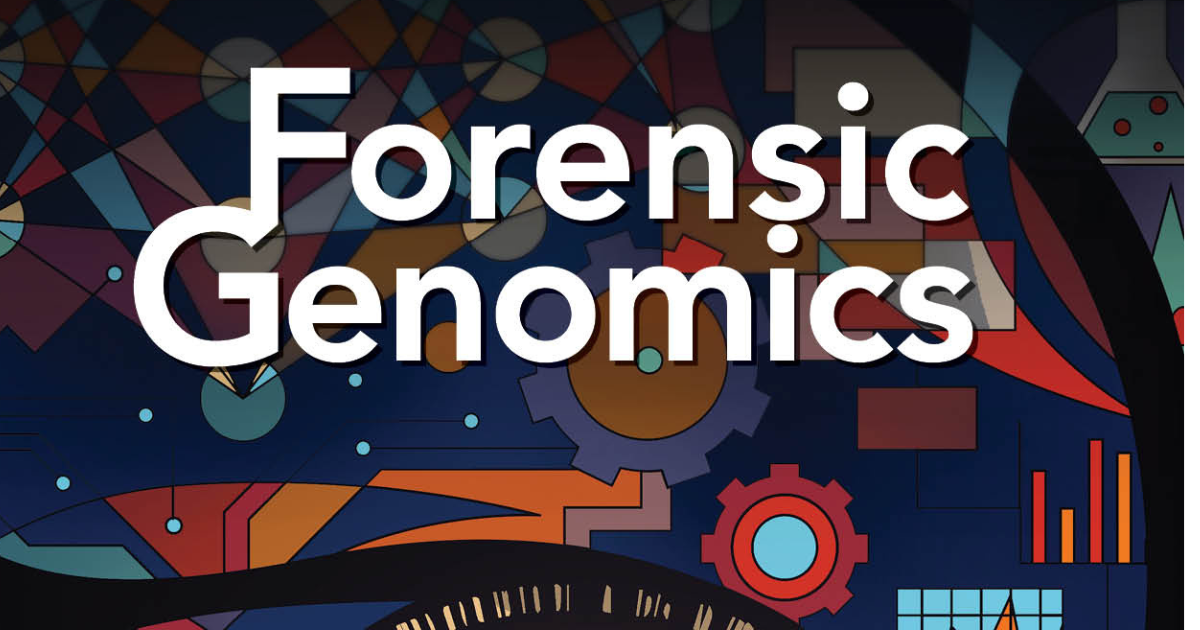Announcements
-
Read the New Issue!
Secure your access for 2023: Ask your library to subscribe
Stay informed: Sign up for email alerts
-
New eBook Available!
Read a new eBook from Copan: The Copan Guide to Forensic Sampling
Aims & Scope
Forensic Genomics is a new peer-reviewed journal that addresses how advances in genetic testing and genomic analysis can enable investigators to break through previously impenetrable forensic DNA barriers. The core focus of the Journal will be the use of DNA testing technologies, algorithms, artificial intelligence, and genealogical research methods to support human identification using inference tools and inductive reasoning.
Forensic Genomics aims to accelerate the validation and adoption of new methods to support investigations that would be otherwise stalled with traditional testing methods. To accomplish this goal, the Journal will be organized into three complementary sections, one that deals with emerging technologies and inference tools, another that discusses examples of the practical impact of these technologies on current forensic casework, and a third that seeks to provide a path forward for expanded utilization of these technologies in current casework.
The Journal provides a high-profile, international forum for groundbreaking original research papers, review articles, captivating front matter, industry profiles, and commentary. Forensic Genomics will serve as a dynamic focal point for the growing forensics community and will be the go-to resource driving the field forward.
Journal cover art designed and provided by Eliza Wolfson (https://lizawolfson.co.uk)
Forensic Genomics coverage includes:
- DNA isolation techniques
- Methods for rootless hair, touch DNA, and other forensic inputs
- Human enrichment techniques and mitigation of non-human contaminants
- Microarray testing platforms for genome-wide analysis
- WGS and panel sequencing platforms
- Methods for mapping and variant calling forensic sequence data
- Mixture deconvolution methods
- Development of reference materials and standards
- Comparison methods and benchmarks
- Genetic genealogy and genealogical research methods
- Bioinformatic methods for defining genetic relationships
- Databases and tools to support human identification methods
- Policies for ethical and responsible approaches to human identification
- DNA sequencing and next generation sequencing
- Microscopy
- Cell and molecular biology
- DNA testing, extraction, and quantitation
- Machine learning, big data, deep learning, and artificial intelligence
Audience: Forensic investigators, genome scientists, bioinformaticians, data scientists, laboratory scientists, and forensic DNA analysts, among others.
Forensic Genomics is led by Nicole Novroski, PhD, Assistant Professor and Forensic Geneticist, University of Toronto Mississauga and other leading investigators.
Acknowledgements: Journal cover art designed and provided by Eliza Wolfson (https://lizawolfson.co.uk)
Indexing/Abstracting:
- SafetyLit
- BenchSci
Society Affiliations
The Official Journal of:

